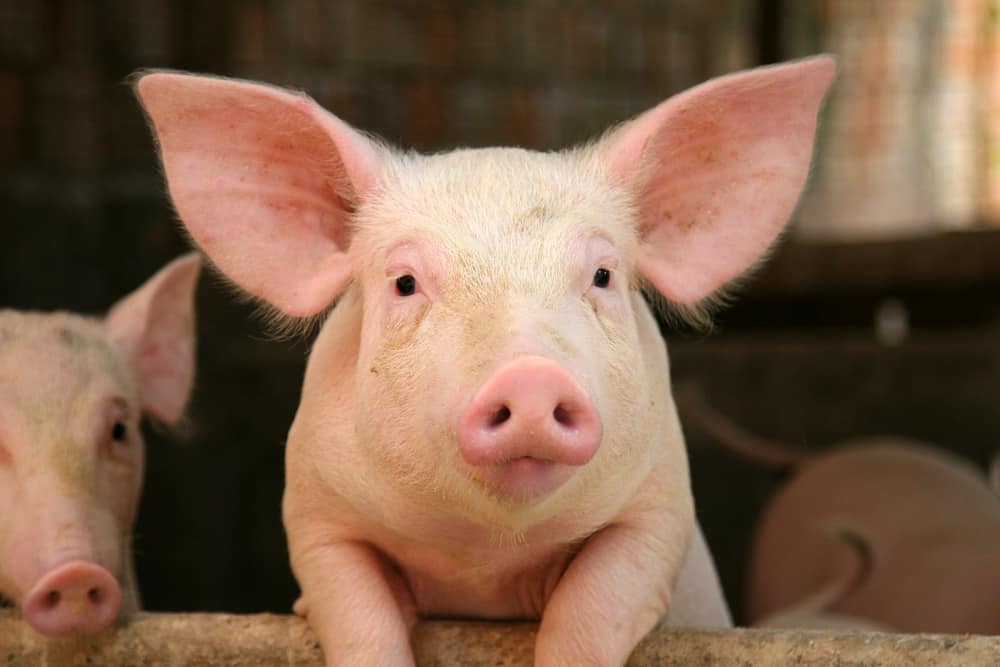Xenotransplantation, or the transplantation of non-human tissues or organs into a human recipient, has long been a controversial possibility in the medical field. After all, human bodies aren’t naturally conditioned to accept organs from non-human sources. But now, in a historic first, surgeons have successfully used xenotransplantation to extend the life of a terminal heart disease patient. The surgery involved a genetically modified pig heart. If it proves successful, the surgery could be a monumental first step toward safer, more frequent xenotransplantation procedures.

Precedent for Pig Heart Transplants
Researchers have explored xenotransplantation using animal organs for decades. Unfortunately, these attempts have been largely unsuccessful – for example, surgeons attempted to transplant a baboon heart into a baby with a congenital heart defect in 1983. Genetically modified pig organs have been especially compelling xenotransplantation candidates for a number of reasons; however, those efforts halted after scientists discovered a retrovirus common to pigs during the height of the HIV epidemic. Fortunately, research has shown that the risk of transmitting the virus from pigs to humans is minimal. Thus, researchers have resumed exploring the possibilities of porcine-human transplants. That exploration paved the way for a truly revolutionary procedure that occurred earlier this year.
Pig Heart Transplant Recipient Thriving
The successful pig heart transplant procedure took place at the University of Maryland Medical Center. Doctors at the center were treating a terminal heart disease patient, 57-year-old David Bennett, prior to the transplant. Bennett had a choice: receive the pig heart or consider the possibility that he may not survive much longer. Knowing that Bennett’s options were limited, the FDA allowed the team to perform the procedure under compassionate use. “It was either die or do this transplant. I want to live. I know it’s a shot in the dark, but it’s my last choice,” Bennett said, in a statement provided by UMD. “I look forward to getting out of bed after I recover.” Now, more than a month later, Bennett’s transplanted heart seems to be functioning extremely well.
Genetic Editing Considerations for Pig Hearts
Before researchers could implant the pig heart, they had to ensure the heart was genetically edited to be compatible with the human body. Ultimately, Bennett’s heart came from Revivicor, a company focused on using recombinant DNA techniques to breed pigs with human-compatible organs. In fact, Bennett’s heart came from pigs with 10 genetic edits in total to prevent organ rejection and excessive tissue growth. Researchers also worked to create a heart that would reduce the chance of retroviral transmission, like the kind mentioned above.
_____
While Bennett’s surgery results are extremely promising, the process of xenotransplantation is still in its very early stages. Before similar xenotransplantation can enter the medical mainstream, researchers will have to show that modified pig organs are safe and effective in a clinical trial. That begins with trials involving non-human primates – trials that will hopefully be underway soon thanks to Revivicor and its competitors.
QPS is a GLP- and GCP-compliant contract research organization (CRO) delivering the highest grade of discovery, preclinical and clinical drug research development services. Since 1995, it has grown from a tiny bioanalysis shop to a full-service CRO with 1,100+ employees in the U.S., Europe, and Asia. Today, QPS offers expanded pharmaceutical contract R&D services with special expertise in neuropharmacology, DMPK, toxicology, bioanalysis, translational medicine, and clinical development. An award-winning leader focused on bioanalytics and clinical trials, QPS is known for proven quality standards, technical expertise, a flexible approach to research, client satisfaction, and turnkey laboratories and facilities. Through continual enhancements in capacities and resources, QPS stands tall in its commitment to delivering superior quality, skilled performance, and trusted service to its valued customers. For more information, visit www.qps.com or email info@qps.com.







